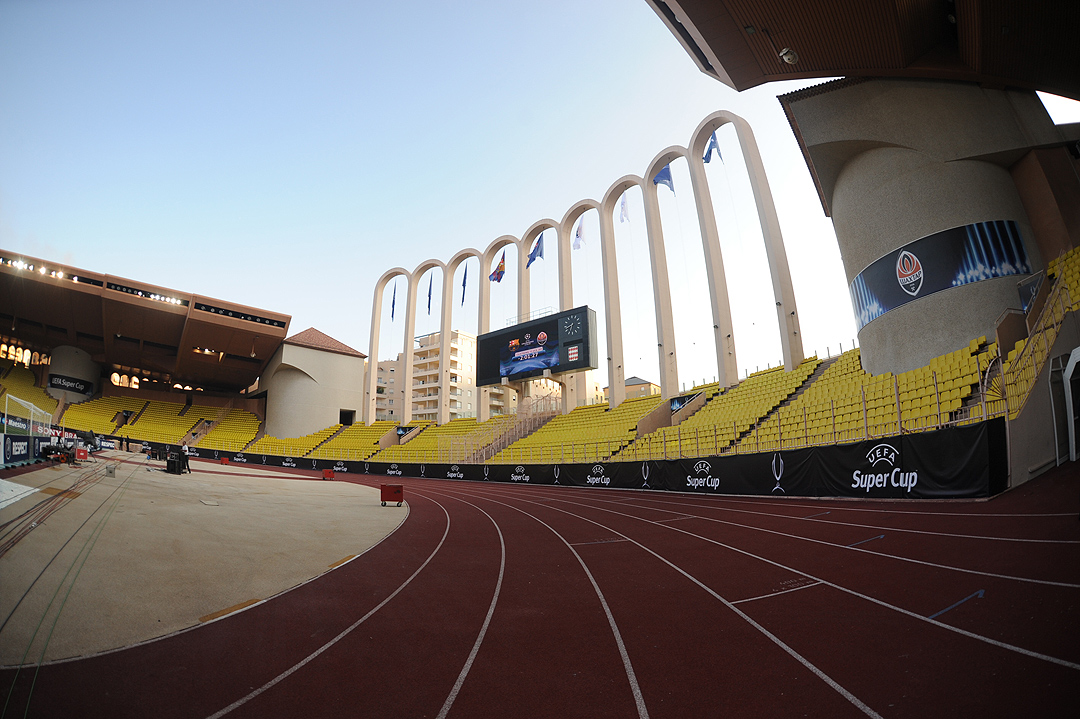Lead by Example

This article also featured on Guardian Sport.
A lot has changed at Lyon, Nice and Bordeaux in recent years. All three clubs have adapted and refined their first team, youth development and recruitment strategy. They have different targets, but the three clubs have some things in common: they promote young players; they sign promising talents with resale value from niche markets; and their policy on squad development is led by people at the club who work above the coach.
While Bordeaux are a long way from perfecting these ideas and Nice have struggled to recapture the magic of former president Jean-Pierre Rivère’s shrewd transfer business, they are both making the effort to change because of Monaco. A few years ago Monaco offered dramatic proof that this philosophy can bring unprecedented financial and sporting success in Ligue 1. However, having set an example to other clubs, Monaco have since lost their way.
Monaco have not won any of their first three games in Ligue 1 this season, but their first concern at Strasbourg on Sunday will be finishing the game with 11 men. In their opening game of the season – a 3-0 defeat at home to Lyon – Cesc Fàbregas was perhaps harshly sent off after colliding with Léo Dubois; Ruben Aguilar’s lunge in a 3-0 defeat at Metz was more clear cut; and Jemerson made it three out of three when he was controversially sent off via VAR for felling Romain Philippoteaux in a 2-2 draw at home to Nîmes on Sunday.
Goals from Wissam Ben Yedder and Islam Slimani had given Monaco a 2-0 lead against Nîmes at the weekend but they collapsed after Jemerson’s red card and had to settle for a point – their first of the season. Given the gap in quality between the two teams – Ben Yedder, Islam Slimani, Adrien Silva, Aleksandr Golovin, Gelson Martins and Kamil Glik all started for Monaco – the club’s supporters will be alarmed at such a collapse. Both of Nîmes’ first choice centre-backs were suspended and five of their front six from last season – including Téji Savanier, one of the standout players of the campaign – left the club in the summer. Their replacements were largely from the second tier and many of them had little top-flight experience. Nîmes were there for the taking, but Monaco could not finish the job.
Monaco’s porous, lacklustre and unruly displays – which leave them second bottom in the table – are mirrored by a sense of chaos beyond the playing staff. The precise scouting, fiendish negotiating and holistic style of player recruitment that eventually lead to their glorious title win in 2017 have evaporated.
Monaco were masters at sifting through under-appreciated markets to find cheap, emerging players who could be developed and potentially sold on. Signing Fabinho from mid-table Primeira Liga club Rio Ave and Thomas Lemar from Caen for €4m helped them reach the Champions League quarter-finals in 2015. That side included Yannick Carrasco, Layvin Kurzawa, Geoffrey Kondogbia and Anthony Martial: a blend of experienced heads who could lead the way and younger players who were ready for first-team football.
Much of that success was forgotten after they won the title and reached the Champions League semi-finals in 2017. Instead of signing youthful players who were still developing, the club brought in teenagers who were a long way from the first XI; while the nous of João Moutinho, for example, was not appropriately replaced. This summer they have shifted towards the other extreme, in a new policy of exclusively targeting experienced internationals, akin to Marseille’s unsuccessful “Champions Project” model.
Monaco were painfully slow in the transfer window this summer. Deals for Lille defender Adama Soumaoro and Milan striker André Silva were done, but fell through due to last-minute financial haggling. Largely due to late arrivals, only five players started both the opening loss to Lyon and the draw with Nîmes. Leonardo Jardim has already used 22 players in Ligue 1 this term. After a season of uncertainty, Monaco began the new one in flux.
The club’s wayward recruitment owes much to changes made above Jardim. Monaco have struggled to replace Luis Campos, one of the world’s best sporting directors, who left the club in 2016 after much of the title-winning team had already been assembled. He is now proving his worth at Lille, where he has helped turn Marcelo Bielsa’s chaotic relegation-threatened side into title chasers. Former Chelsea sporting director Michael Emenalo was particularly unsuccessful and struggled to replace big-name departures after the title win. He was eventually marginalised by the owners before he moved on earlier this month.
Replacing Vadim Vasilyev after his surprise departure from his role as the club’s public face and negotiator-in-chief will be difficult for his successor, Oleg Petrov, who had zero football experience when he joined in February. It is notable that the Russian has a frayed relationship with Jorge Mendes, over the agent’s desire to use Monaco as a career kick-starting destination for his less successful clients and his attempts to move captain Falcao to Galatasaray before the summer is up.
Not long ago, Monaco’s astute scouting, considered recruitment and Jardim’s knack for developing young players while maintaining results made the club a gold standard for clubs to follow. But that Monaco has since ceased to exist. Most of their title-winning players, Campos, Vasilyev and seemingly Jardim’s connection with his team have all vacated the Stade Louis II of late. But they have an example to follow if they want to return to the top six. They need look no further than Lyon, Nice and Bordeaux.
by Adam White




